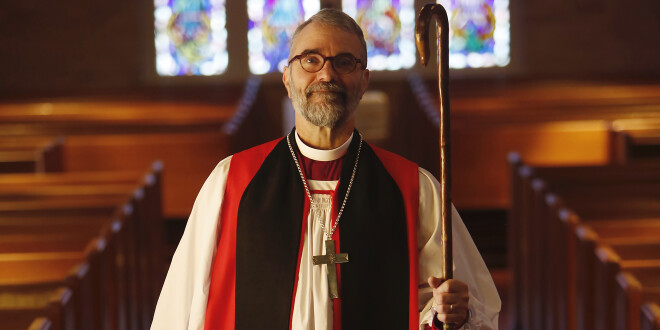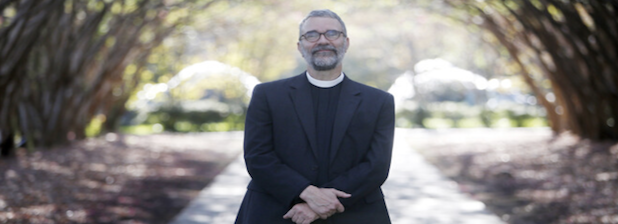Communion Matters V: Amazing Grace

We all enjoy this hymn, and hear it at a multitude of settings, public, funereal, etc. But we do well to recall its author, John Newton, was both an Anglican cleric, and in the first generation of evangelicals in our tradition. The emphasis on grace was of course the bass-note of the Reformation. Of course in our time we imagine this to be one kind of Episcopalian, in contrast, say, to an Anglo-Catholic or a Social Gospeller. But what if we think harder about that hymn and its author?
-
If you haven’t seen the movie ‘Wilberforce’, i recommend it to you: Newton will appear in it. This reminds us that the context of the hymn is his renunciation of the sinful practice of the slave trade, systemic racism and structural sin if there ever were such. He was committed to the imperative of racial reconciliation, which for him bound up with the conversion he underwent. His subsequent ministry was a ‘holistic’ summons to both, and so ought ours to be.
-
But there is yet more to say. Out of these commitments came the Church Missionary Society, an Anglican body we will have more to say. They felt a burden to evangelize the freed slaves of today’s Sierra Leone. From this came missionizing across the globe, from which came indigenous Anglican. Churches across the globe, and from this, eventually came the Anglican Communion. The last is a profoundly catholic development, Churches bound together in Word, sacrament, and episcopal order across the world.
-
I am writing this blog on the holiday that commemorates a Baptist pastor named Martin Luther King Jr. We as Anglicans have, in our DNA, a tradition at once evangelical and catholic, with a strong sense of our own call to do what we are given to do to be agents of racial reconciliation.
Peace
+GRS




